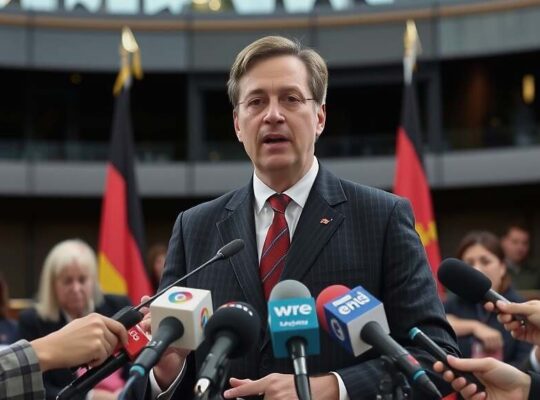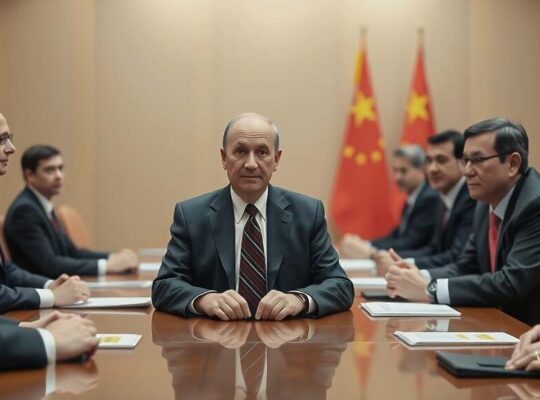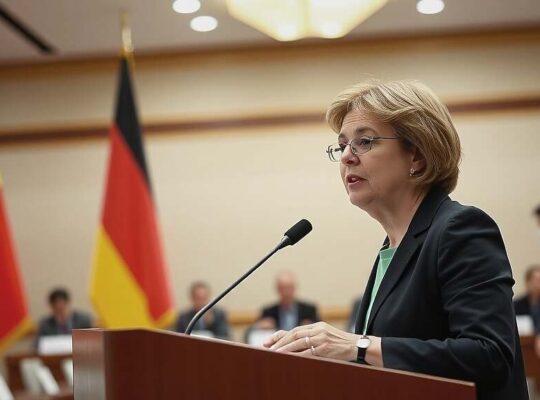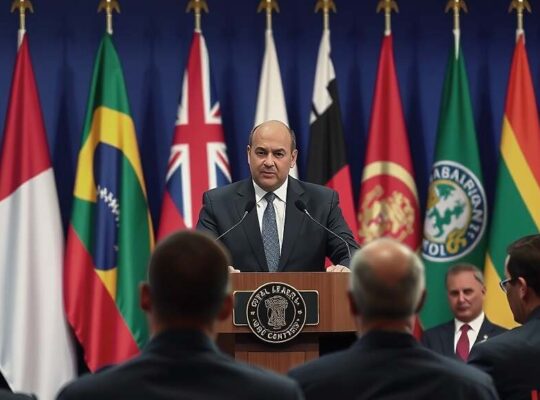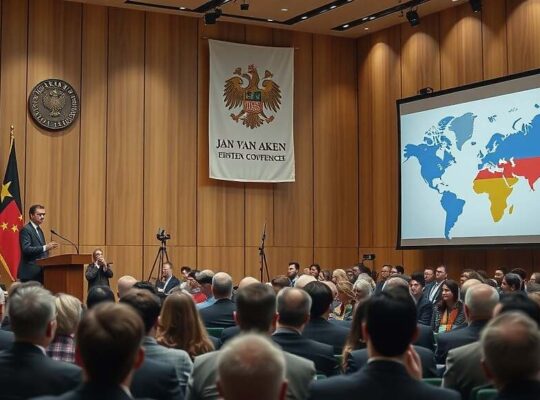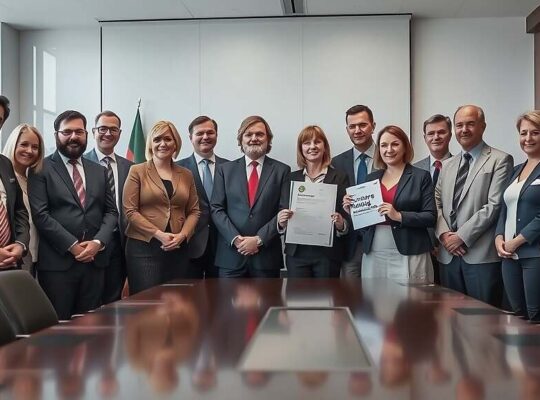The recent deployment of the National Guard by the Trump administration into several Democratic-led cities and Washington D.C., coupled with escalating provocations from Russia, has triggered concerns regarding the potential politicization of the U.S. military and a perceived weakening of Western resolve. Retired Lieutenant General Ben Hodges, former Commander of U.S. Army Europe, voiced anxieties over the blurring lines between political objectives and military action, warning of a potential erosion of trust amongst both American citizens and key allies.
Hodges articulated his reservations in an interview, suggesting that many of the justifications used to deploy the National Guard – cited as combating crime and protecting federal agencies – appeared “artificially manufactured”. This manipulation of military resources for perceived political gain, he warned, risks compromising the neutrality and perceived impartiality vital to maintaining the U.S. military’s credibility. A perception that the armed forces are partisan tools can undermine their ability to act decisively and command respect on the global stage.
Beyond domestic concerns, Hodges stressed the urgent need for a more robust response to Russia’s increasingly aggressive behavior, particularly recent violations of NATO airspace by drones and aircraft. He characterized Russia’s actions as “a war of coercion” adding that the West has yet to fully grasp the severity of the situation. Failing to demonstrate resolve, he cautioned, carries the significant danger of conveying to Russian President Vladimir Putin a signal of weakness or unpreparedness.
Hodges explicitly warned that such a misinterpretation could embolden Putin to pursue further objectives following the ongoing conflict in Ukraine, arguing that a perceived lack of preparedness would remove critical deterrents against future aggression. The retired general’s comments underscore a growing unease within military and diplomatic circles regarding the long-term strategic implications of both domestic political interference and a potentially inadequate response to Russian provocations.




